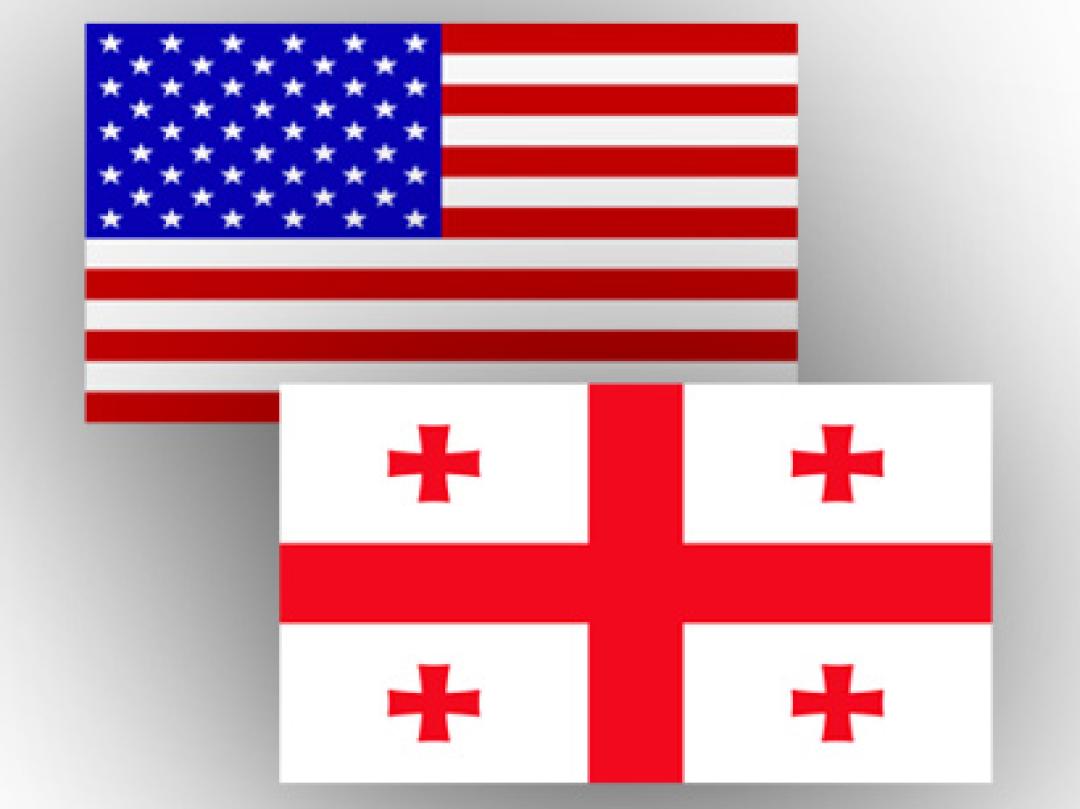
US Refuses Visa to Ex-Georgian Minister Amidst Money Laundering Allegations

Recently, the United States of America declined to issue a visa for Davit Kezerashvili, the former Minister of Defense of Georgia. According to reports, the refusal stems from suspicions of money laundering. Kezerashvili initiated legal action to challenge the decision, filing a complaint with the District Court of Columbia. The lawsuit reveals that the denial of the visa was based on a decision by the US Customs and Border Protection Agency dated May 1, 2023. Specifically, the refusal is linked to allegations of money laundering.
On March 12, the representative of Davit Kezerashvili issued a statement in response to the denial of a tourist visa to the US for Kezerashvili. The representative pointed out that it is not surprising for the Georgian authorities to direct a slander campaign towards the United States of America, given their history of repeatedly accusing Kezerashvili before various justice bodies. "However, European courts have consistently recognized these accusations as politically motivated attempts to silence Kezerashvili's criticism of Bidzina Ivanishvili's regime. Interpol has also ceased to entertain demands from Georgian authorities, seeing through their motives. With their avenues exhausted in European courts, it is unsurprising that the Georgian authorities are now targeting the United States with their smear campaign," the report noted. Kezerashvili's representative clarified that Kezerashvili's application for access to documents about himself from relevant US agencies is purely procedural and aimed at obtaining information transparently.
Response from Georgian politicians
Irakli Kadagishvili, the Chairman of the Committee on Procedural Issues and Rules, responded to the news of the US not issuing a visa to Davit Kezerashvili by addressing the allegations of money laundering against Kezerashvili. Kadagishvili stated that investigations, both domestically and internationally, have long been underway regarding accusations against Kezerashvili for illegally extorting money, laundering it, and subsequently using it. This issue, commonly referred to as the "robbery of pensioners," has garnered significant international attention. He noted that the decision by the US to deny Kezerashvili a visa was likely based on these allegations, considering money laundering as one of the most serious criminal offenses in America. Kadagishvili suggested that it would be beneficial for similar investigations to extend to European countries where pensioners may have been affected by Kezerashvili's actions and those associated with him. He emphasized the importance of addressing such crimes across borders to ensure justice for affected individuals.
Shalva Papuashvili, the Speaker of the Parliament of Georgia, expressed his views on the United States' decision to deny Davit Kezerashvili a visa and elaborated on Kezerashvili's alleged criminal activities and political interference in Georgia. Papuashvili emphasized that the US refusal to grant Kezerashvili a visa indicates that the US shares Georgia's stance on Kezerashvili's criminal activities. He criticized the European Union for allowing Kezerashvili to move freely within its borders despite being identified as a criminal by Georgian justice. He highlighted Kezerashvili's alleged interference in Georgian politics, citing instances where Kezerashvili met with influential figures and organizations. Papuashvili accused Kezerashvili of laundering money and using illicit funds to influence Georgian politics and media. Furthermore, Papuashvili criticized the European Democracy Fund for allegedly funding Georgian political parties and organizations with questionable sources of money, including Kezerashvili's alleged black money. He called for transparency and accountability in the funding of Georgian NGOs and media outlets, questioning their credibility if they are financed by illicit funds.
Davit Matikashvili, an MP of the parliamentary majority, called for European countries to follow the example set by the United States in handling Davit Kezerashvili's case. He emphasized the need for Kezerashvili to be extradited to Georgia to face trial for his alleged crimes. Matikashvili highlighted that the United States refused to grant Kezerashvili a visa due to suspicions of money laundering, and Kezerashvili exercised his right to appeal and even sued the United States. He asserted that Kezerashvili's crimes extend beyond money laundering and that he has been tried in Georgia for serious offenses. Furthermore, Matikashvili referenced a recent investigative report by British state television, which allegedly revealed Kezerashvili's involvement in robbing European pensioners to finance radical opposition groups and media outlets. Matikashvili concluded by urging European countries to extradite Kezerashvili to Georgia so the Georgian justice system could try him.
Anri Okhanashvili, the chairman of the Legal Affairs Committee of the Parliament of Georgia, expressed his perspective regarding Davit Kezerashvili's lawsuit against the United States. He described it as a paradox that Kezerashvili, associated with fraud and specific alleged crimes across Europe, is suing America. Okhanashvili emphasized the importance of restricting the movement of criminals, stating that it is beneficial when such individuals cannot move freely. He expressed hope that the legal processes involving Kezerashvili would ultimately prevent criminals from pursuing their interests at the expense of justice.
See Also


Simonyan: “Armenia Should Trade with Turkey and Azerbaijan Instead of Closing Borders”

Mirzoyan Meets US Deputy Assistant Secretary Joshua Huck

Azerbaijani President Holds Talks with UAE and German Business Delegations on Economic Cooperation

Grigoryan Confirms Armenia’s Readiness to Dissolve OSCE Minsk Group Upon Peace Treaty Signing

